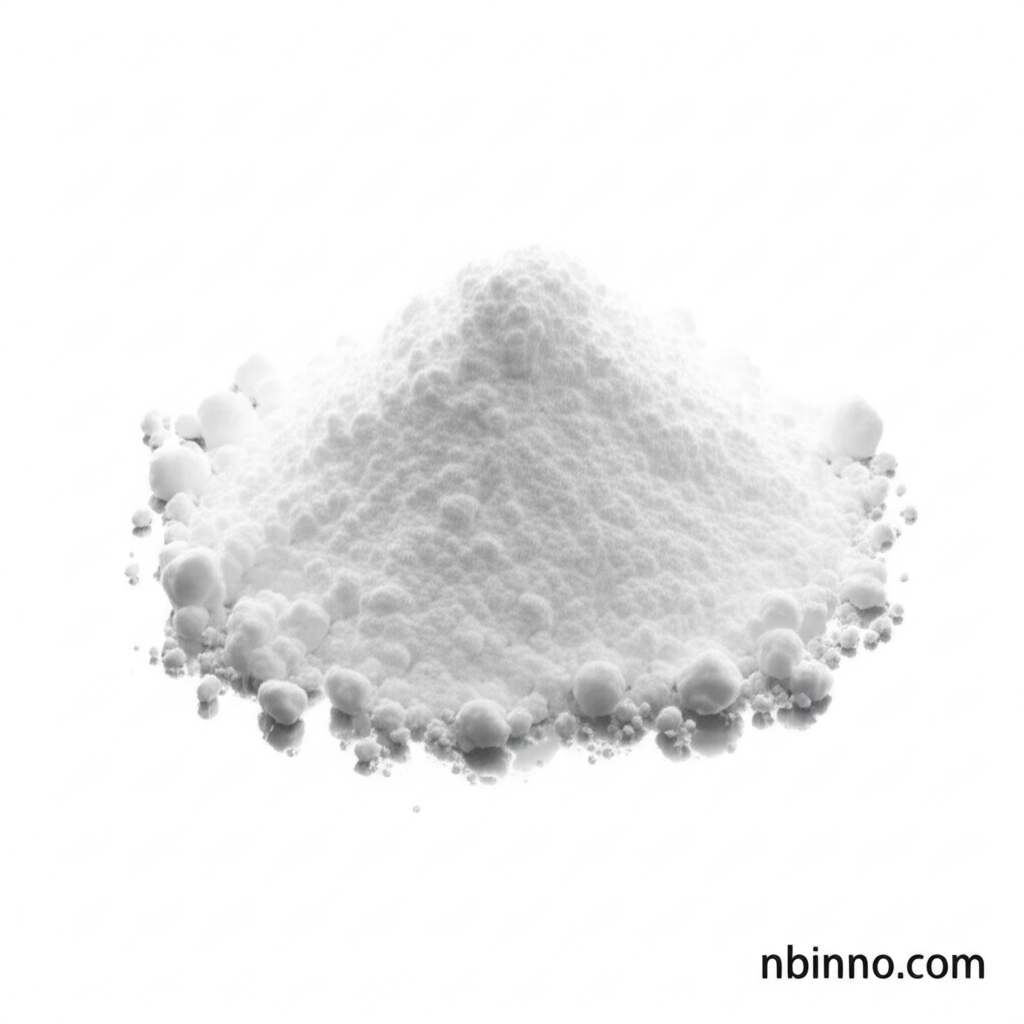2-Isopropyl-4-methylpyridin-3-amine CAS:1698293-93-4: A Key Pharmaceutical Intermediate for Cancer Therapies
As a dedicated manufacturer and supplier of high-quality pharmaceutical intermediates, we offer 2-Isopropyl-4-methylpyridin-3-amine, a crucial building block for innovative cancer treatments. This compound is essential for the synthesis of KRAS G12C inhibitors, targeting pancreatic, colorectal, and lung cancers. We provide reliable sourcing and competitive pricing for your research and development needs.
Get a Quote & SampleUnlocking Novel Cancer Therapies with High-Purity Intermediates

2-Isopropyl-4-methylpyridin-3-amine
We are a leading pharmaceutical intermediate manufacturer and supplier in China, specializing in high-purity compounds like 2-Isopropyl-4-methylpyridin-3-amine (CAS: 1698293-93-4). This white powder is indispensable for developing KRAS G12C inhibitors, which are crucial for treating challenging cancers. Partner with us for consistent quality and timely delivery, ensuring your drug discovery projects stay on track.
- High Purity & Consistent Quality: Our 2-Isopropyl-4-methylpyridin-3-amine boasts a purity of 97% min, ensuring reliable results in your synthesis.
- Critical for KRAS G12C Inhibitor Synthesis: This compound serves as a vital pharmaceutical intermediate in the creation of advanced cancer therapies.
- Manufactured in China for Global Supply: As a trusted manufacturer, we ensure a stable supply chain for your pharmaceutical R&D needs.
- Competitive Pricing & Samples Available: We offer competitive prices and readily available samples, making it easy to buy and evaluate our product.
Advantages of Sourcing from Our Company
Reliable Supply Chain
As a key manufacturer in China, we guarantee a stable and consistent supply of 2-Isopropyl-4-methylpyridin-3-amine, crucial for uninterrupted production runs. You can rely on us for your long-term supply needs.
Exceptional Purity Standards
We adhere to stringent quality control measures, ensuring our 2-Isopropyl-4-methylpyridin-3-amine meets high purity standards (97% min), vital for pharmaceutical applications. This commitment to quality helps prevent costly batch failures.
Expertise in Pharmaceutical Intermediates
Leveraging years of experience as a specialized supplier, we understand the critical requirements for pharmaceutical intermediates. We are committed to supporting your quest for innovative cancer treatments.
Key Applications and Product Specifications
KRAS G12C Inhibitor Synthesis
The primary application of 2-Isopropyl-4-methylpyridin-3-amine is as a critical reagent for synthesizing KRAS G12C inhibitors, offering new hope in the fight against various cancers.
Pharmaceutical R&D
This compound is essential for research and development in the pharmaceutical sector, enabling scientists to explore novel drug candidates and therapeutic pathways.
Organic Synthesis Reagent
As a versatile heterocyclic amine, it finds applications in various complex organic synthesis projects, providing a unique pyridine scaffold.
Manufacturing of Oncology Drugs
Our product serves as a key component in the manufacturing process of life-saving oncology drugs, demonstrating its importance in the pharmaceutical supply chain.
